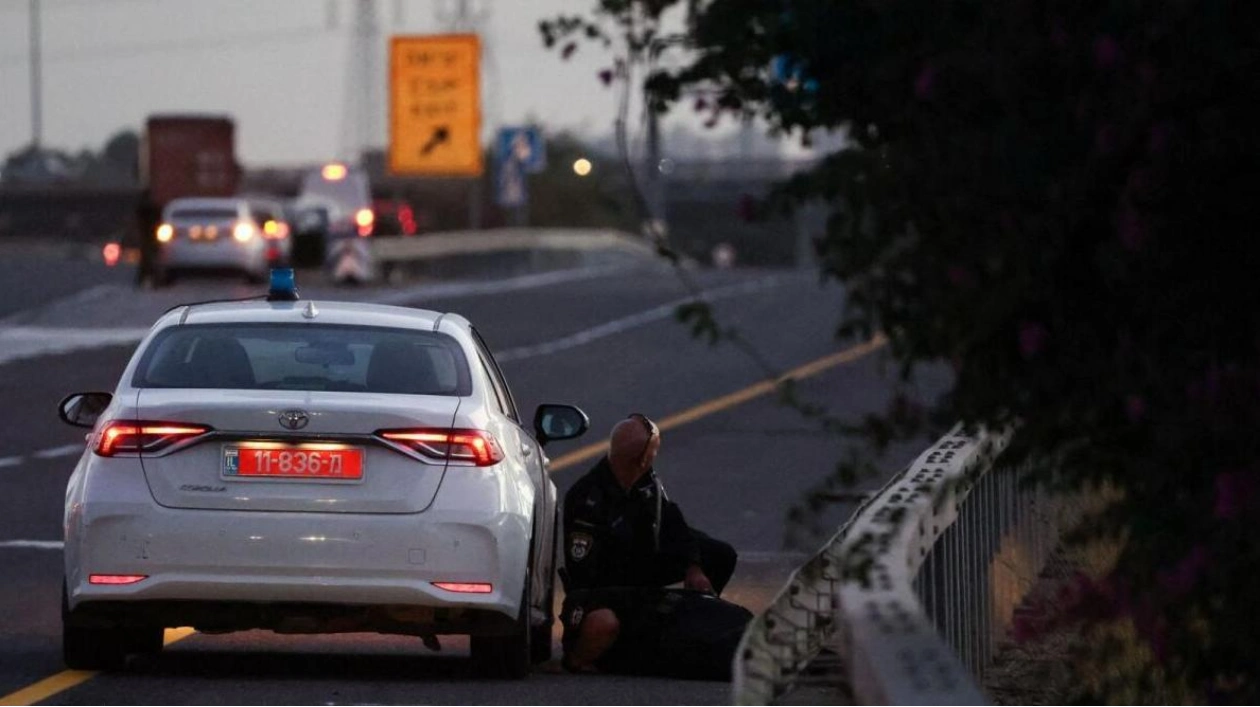The United States has received indications that Iran is preparing to launch a ballistic missile attack against Israel, potentially on a scale similar to or even larger than the strike Tehran conducted earlier this year, according to US officials on Tuesday.
The United States is actively supporting measures to defend Israel against a potential new Iranian missile attack, a senior White House official stated. "A direct military attack from Iran against Israel will result in severe consequences for Iran," the official warned. Another US official noted that the impending Iranian strike could match or exceed the magnitude of the April 14 attack, where Tehran launched over 300 missiles and drones.
Iran's mission to the United Nations did not immediately respond to a request for comment. The April attack, which marked the first direct Iranian strike on Israel, was in response to an Israeli strike on Iran's Damascus consulate that killed seven Islamic Revolutionary Guard Corps officers, including two senior commanders. The attack caused only minor damage in Israel due to successful air defense interceptions by Israel, the United States, Britain, and other regional allies.
Israeli leaders have pledged to continue operations against militants until it is safe for civilians to return to their homes in northern Israel, which were evacuated following Hezbollah's missile strikes on October 8, a day after Hamas' assault into Israel. This assault triggered the ongoing Israeli offensive that has devastated Gaza.
The Pentagon has affirmed that the United States would defend Israel if Iran launched another attack. It has deployed thousands of additional US forces to the region to enhance its capability to defend Israel and US forces in the area. Pentagon officials claim that the US is better prepared for a new Iranian attack than it was in April.
However, Israel's defense could also hinge on whether Middle Eastern nations will support Israel again. Saudi Arabia and other Gulf allies possess air defenses that could assist in Israel's defense, and countries like Jordan could decide whether to permit the use of its airspace by nations aiding Israel.
An Iranian attack, if it materializes, could significantly challenge President Joe Biden's administration's Middle East policy objective: preventing the Israel-Hamas war from escalating into a broader regional conflict.






